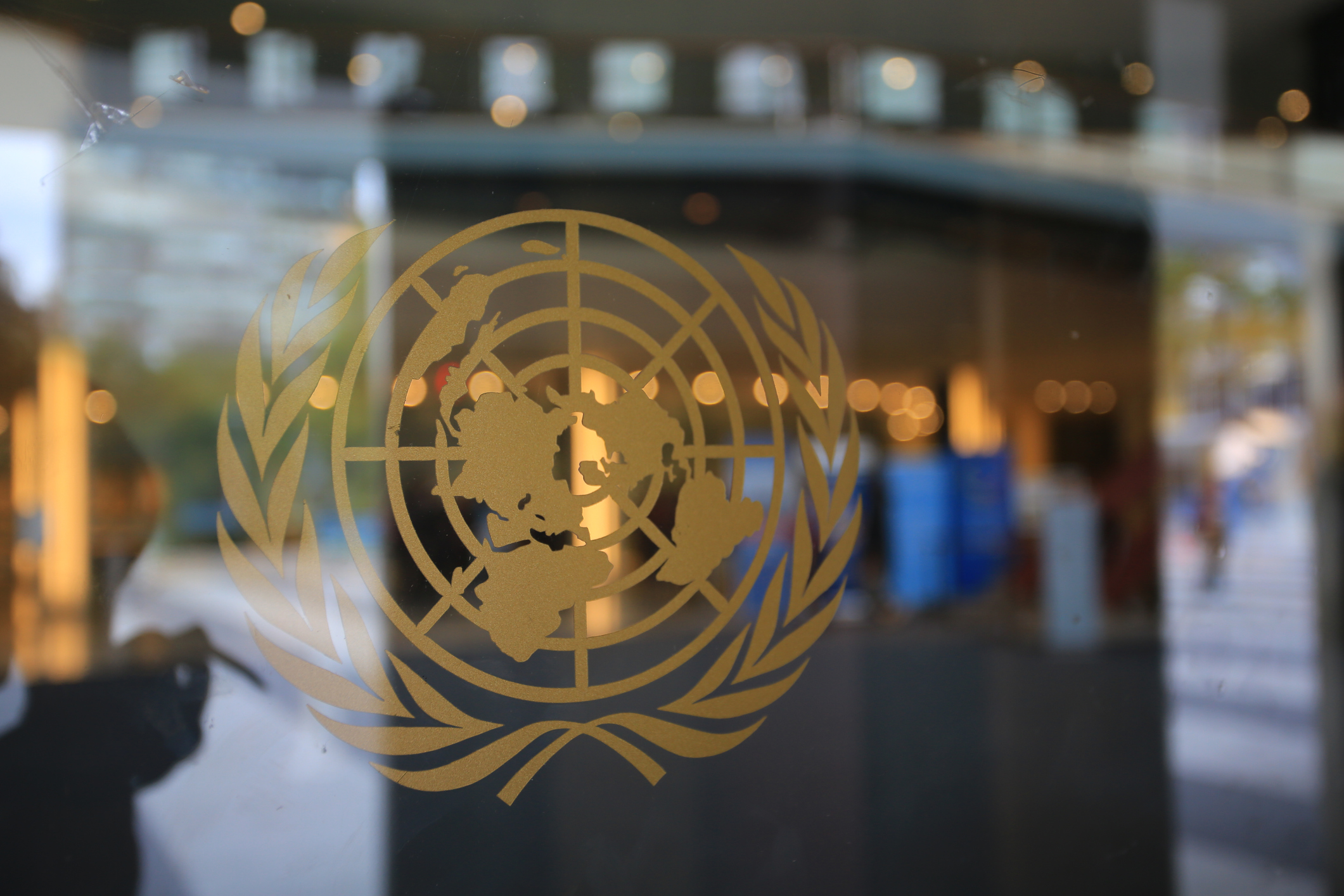On 13th October, several countries accused of human rights abuses were elected to the UN Human Rights Council (UNHRC), the body that aims to promote human rights on behalf of the United Nations. In the Asia-Pacific region, four available seats were hotly contested by China, Saudi Arabia, Pakistan, Nepal and Uzbekistan. Pakistan, Uzbekistan, Nepal and China were elected to the council for this region, with Saudi Arabia losing its seat. As well as China, Russia and Cuba are among those that were elected this week, meaning these countries will hold a seat on the Council for the next 3 years. This decision has attracted fresh criticism of the Council, which has previously come under fire for its inaction over human rights abuses taking place in many states.
What is the UNHRC?
The UN Human Rights Council is a United Nations body that aims to promote and protect human rights. Established in 2006, the Council comprises representatives of 47 member states who complete three year terms, with a rolling change-over meaning that one third of the council members are elected every year by the UN General Assembly. Allocation of seats is contested based on geographic areas, which are demarcated as follows:
- Africa
- Asia-Pacific
- Eastern Europe
- Latin America & The Caribbean
- Western Europe & Other
For a country to obtain a seat on the council when the election is non-contested, it must receive a minimum 97 votes. This means that it is possible for UN members to abstain if they wish to veto a country’s election bid.
Why Does Tuesday’s Vote Matter?
Tuesday’s vote is the latest news to attract criticism of the UN body. The Council has previously been accused of supporting countries accused of human rights abuses, in part because countries who are represented on the committee tend to vote in blocs. In practice this means that human rights abusers can, by mutual support of one another, vote to maintain their seats on the Council while giving their nation a stamp of credibility. And when human rights bodies are controlled by human rights abusers, this provides a way of abusers avoiding scrutiny. During both the genocide in Sudan’s Darfur region, and during a period of violence in the East of the Democratic Republic of Congo, the Human Rights Council resolutions largely avoided consequences for the governments of both nations.
Ban Ki-Moon, general secretary of the UN, has criticised the bloc-voting that seems to be endemic on the UN Human Rights body, and Hillel Neuer, Executive director of UN Watch said of the election system that “[they] have no effect other than a negative effect of allowing those countries to parade themselves around the world as elected members…[elected members] go around the world and say ‘look at me, I have a badge of approval.’”
More recently, UN ambassadors on the committee from 22 nations, including Australia, Britain, Canada, France, Spain, Germany and Japan, signed a letter to the Human Rights Council condemning China’s mistreatment of Uighur Muslims, urging the Chinese government to close its Xinjiang concentration camps. In response, UN ambassadors from 50 countries on the Council, including Russia, Pakistan and Sudan, signed a joint letter praising China’s “remarkable achievements in Xinjiang”, claiming the criticism of China was an example of the politicisation of human rights issues.
The committee has also been accused of anti-Israel bias, in part due to its 2006 resolution to make a formal review of alleged human rights abuses perpetrated by the Middle Eastern state a permanent feature of every council session. Such a measure has not been taken for countries engaged in much more egregious human rights abuses. In 2018, the then-Secretary of State for Foreign & Commonwealth Affairs Boris Johnson commented that “we share the view that a dedicated agenda item focused solely on Israel and the occupied Palestinian Territories is disproportionate and damaging to the cause of peace.”
The resolution that created the Human Rights Body in 2006 stated that membership should be limited to countries not engaging in human rights abuses, but this resolution is rarely adhered to. Concerned by the power of human rights abusers on the committee, George W Bush boycotted the institution at its 2006 launch, refusing to send any US representatives. In 2009 the Obama administration rejoined the committee, for this decision to be reversed by Donald Trump in 2018. Following Tuesday’s vote, the Trump administration has indicated that this decision has been vindicated. Former US Ambassador to the UN, Nikki Haley, tweeted that the vote showed “the UN Human Rights Council is a total farce and not worthy of its name or the United States giving it any credibility.”
Although the body has clearly included countries with poor human rights records, both Saudi Arabia and China saw a decrease in voter support this week, with Saudi Arabia losing its seat on the council entirely. China saw its vote decrease from 180 to 139. This may be the result of lobbying pressure from developed nations in response to China’s mass incarceration of around 1.5 million Uighur Muslims in the Northern province of Xinjiang. Lisa Nandy, the UK’s shadow foreign secretary, wrote a letter to the UK’s foreign secretary Dominic Raab, asking that the UK oppose China’s UNHRC membership. In her letter, she wrote that “these acts [against the Uighur population] are, prima facie, a crime against humanity…it may be that, on certain accounts, the acts share some features of genocide, within the meaning of the 1948 Convention.”
Human Rights Watch executive director Kenneth Roth noted that Tuesday’s vote, despite the continued negative impact on human rights abuses, could signal that “the fear is melting” among the International community with regards to China. Whether this shift in support will significantly alter international relations remains to be seen.
